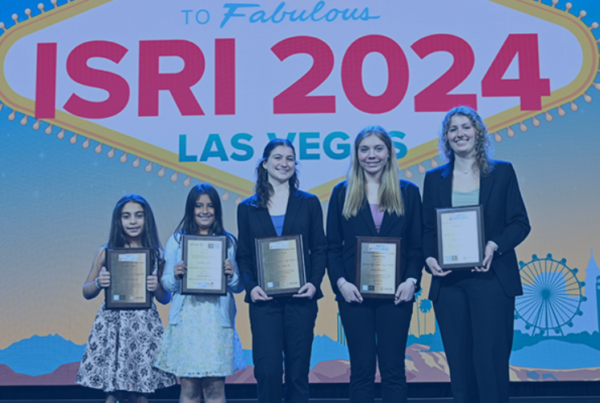On March 10, ISRI submitted reply comments to the U.S. Copyright Office in support of comments it submitted on Dec. 14, 2020, responding to the Copyright Office’s Notice of Proposed Rule Making (2020 NPRM). ISRI asked the Copyright Office to expand the current exemptions to the Digital Millennium Copyright Act’s prohibition against circumventing technological measures that control access to computer programs that enable wireless devices to connect to wireless communication networks—a process called “unlocking.” ISRI’s reply comments, in part, respond to a comment from the Motor & Equipment Manufacturers Association (MEMA). The reply comments also include new developments and data compiled since the initial filing.
In 2017, at its seventh triennial rulemaking proceeding, the Copyright Office determined the DMCA prohibition does not apply to “noninfringing uses for certain classes of such works.” Unlocking phones for the purpose of changing carriers was deemed a noninfringing issue. The current exemption permits unlocking a subset of wireless devices, including “wireless telephone handsets, tablets, mobile connectivity devices, and wearable wireless devices.” ISRI wants the renewed exemption to include laptop computers and any cellular-enabled wireless device equipped with cellular connection capabilities. “Our members get these devices in bulk and need to be able to effectively take a pallet-worth of devices and convert them from one carrier to another carrier,” says Billy Johnson, ISRI’s chief lobbyist.
ISRI notes the first part of the proposal, extending the unlocking exemption to laptops, was not opposed. ISRI contends the importance of including laptops in the exemption given the wide availability of 5G and the market’s high demand for laptops.
Excluding cellular-enabled laptops creates problems for electronics recyclers, resellers, and consumers, says ISRI. The organization anticipates its members will receive large quantities of 4G-LTE compatible laptops this year and into 2022, “as more devices are used for a year or two by their original owners and then are replaced with newer laptops.” The replacement cycle will likely apply to 5G-enabled laptops, says ISRI.
Without the proposed exemption, ISRI contends, the growing number of cellular-enabled laptops on the market coupled with the anticipated rise of devices recyclers will receive could negatively impact consumers and recyclers. Recyclers and resellers will have a difficult time repurposing or selling locked devices, says ISRI. Being locked to one carrier limits the ability for resellers and recyclers to fix, resell, and give used devices a second life, says Johnson. “For example, let’s say I want to buy a PC for T-Mobile but the reseller only has PCs that work on AT&T. We’re saying we own the product and should be able to choose the carrier,” he says.
ISRI’s reply comments note COVID-19 led to a global laptop shortage in 2020, as supply chains had difficulty keeping up with demands for laptops. Schools in particular were hit hard—long after shifting to virtual learning, many institutions waited months for their laptop orders to be fulfilled. Though donation programs sought used laptops to help address these needs, ISRI members reported some devices were carrier-locked and therefore couldn’t be donated.
Keeping devices locked to one carrier means recyclers and resellers can’t effectively meet consumers’ needs by providing them with devices for any carrier, and reduces competition between “new and formerly owned laptops and between cellular networks.”
The only opposition to ISRI’s request to extend the current exemption to all wireless devices came from the Motor & Equipment Manufacturers Association (MEMA). MEMA was concerned including cellular-enabled vehicle components in the unlocking exemption would create safety risks. Since some vehicles systems function connectively, “a change in one component of the system [via circumvention of technological protection measures] could have an impact on an entirely different system” and create safety risks.
ISRI notes MEMA’s concerns are “misplaced” and not implicated by ISRI’s exemption proposal. ISRI’s proposal would only permit unlocking vehicle components for the “limited purpose of changing wireless carriers.” This exemption differs entirely from one permitting “the modification of vehicle components,” which might create a situation that affects how a vehicle component functions. “We’re just not talking about those parts,” says Johnson. “They’re referring to black boxes in cars that transmit data back to the mother ship to monitor how cars behave … [the digital components] won’t be traveling on the cellular systems, they’ll be hardwired to the onboard computers.”
A broad exemption for all wireless devices is necessary to keep pace with the rapid growth of cellular-enabled technologies, says ISRI. Allowing unlocking of laptops and expanding the exemption to include all cellular-enabled devices would “promote consumer choice and competition in the rapidly expanding area of wireless technologies, without causing harm to any legitimate copyright interest.”
Image by freestocks













